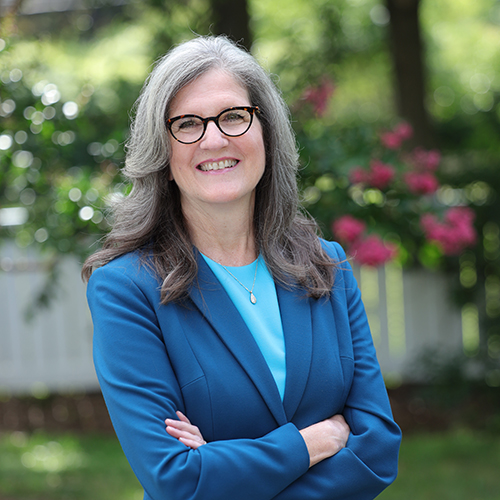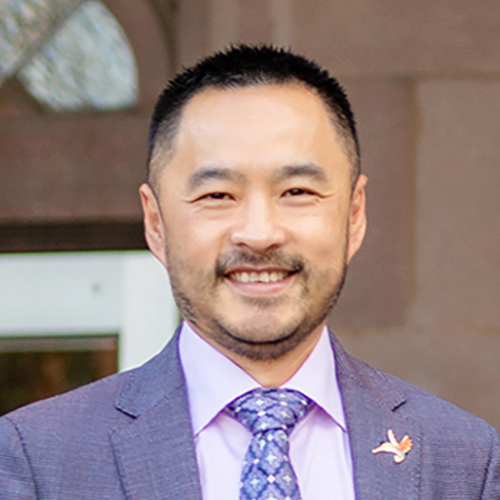-

Ever-Changing Higher Education
The practices we use in higher education are always changing in response to new technologies and shifting priorities, which in the College of Arts & Sciences include an increased focus on student success and increasingly collaborative modes of research and creative productivity.
07/29/2024 | College of Arts & Sciences -

Dancing Across Campus
For the dance course "Activating Space," students danced in public spaces across the University of Washington's Seattle campus this spring.
August 2024 Perspectives -
Is Kamala Harris a lock for the Democratic nomination?
Vice President Kamala Harris is quickly gaining momentum as a potential successor for President Joe Biden in November. But there’s still one major event that will define this year’s Democratic campaign: The Democratic National Convention. James Long, professor of political science at the UW, is interviewed.07/24/2024 | KUOW -
Everyone is judging AI by these tests — but experts say they're close to meaningless
Benchmarks used to rank AI models are several years old, and are often sourced from amateur websites. Emily M. Bender, professor of linguistics at the UW, is quoted.07/23/2024 | Patch -

Xiaosong Li Named College's Associate Dean for Research
UW Chemistry professor Xiaosong Li has joined the College of Arts & Sciences leadership team as associate dean for research.
07/19/2024 | College of Arts & Sciences -
Seattle crows are so smart, they’re challenging what we know about evolution
Researchers have made startling discoveries in recent years about a crow’s ability to communicate, solve problems, remember people and use tools. What researchers are discovering about crow brains is changing how scientists understand intelligence — and bringing into question our accepted version of evolution. John Marzluff, professor of environmental and forest sciences at the UW, Loma Pendergraft, lecturer of psychology at the UW, and Doug Wacker, assistant professor of biological sciences at UW Bothell, are quoted.07/19/2024 | KUOW -
Throughline: The Creeping Coup
Sudan has been at the center of a deadly and brutal war for over a year. It's the site of the world's largest hunger crisis, and the world's largest displacement crisis. Christopher Tounsel, associate professor of history at the UW, is interviewed.07/18/2024 | NPR -
GOP chairman calls election cycle 'surreal' amid Trump assassination attempt, VP pick
In the 72 hours after a political earthquake, there is debate about the impact on the November election. James Long, professor of political science at the UW, is quoted.07/17/2024 | KOMO -
Opinion: If Israel-Hezbollah war escalates, I fear antisemitism will, too
"While the war between Hamas and Israel dominates the news, the growing conflict between Israel and Hezbollah is far more dangerous. Since Hamas attacked Israel last Oct. 7, Hezbollah — far larger and better armed than Hamas — has been waging a less-publicized war on Israel from southern Lebanon, attacking with rockets, artillery, drones, antitank missiles and other weapons, forcing Israel to evacuate tens of thousands of civilians living near the border. Hezbollah could initiate full-scale war at any moment. Its goal: The destruction of Israel," writes Paul Burstein, professor emeritus of sociology and adjunct professor of political science at the UW.07/15/2024 | The Seattle Times -
Analysis: Electing a virtuous president would make immunity irrelevant, writes a political philosopher
"The Supreme Court’s decision that grants presidents immunity from criminal prosecution for their 'official acts' has been met by alarm by many legal scholars," writes Michael Blake, professor of philosophy and of public policy and governance at the UW.07/15/2024 | The Conversation
